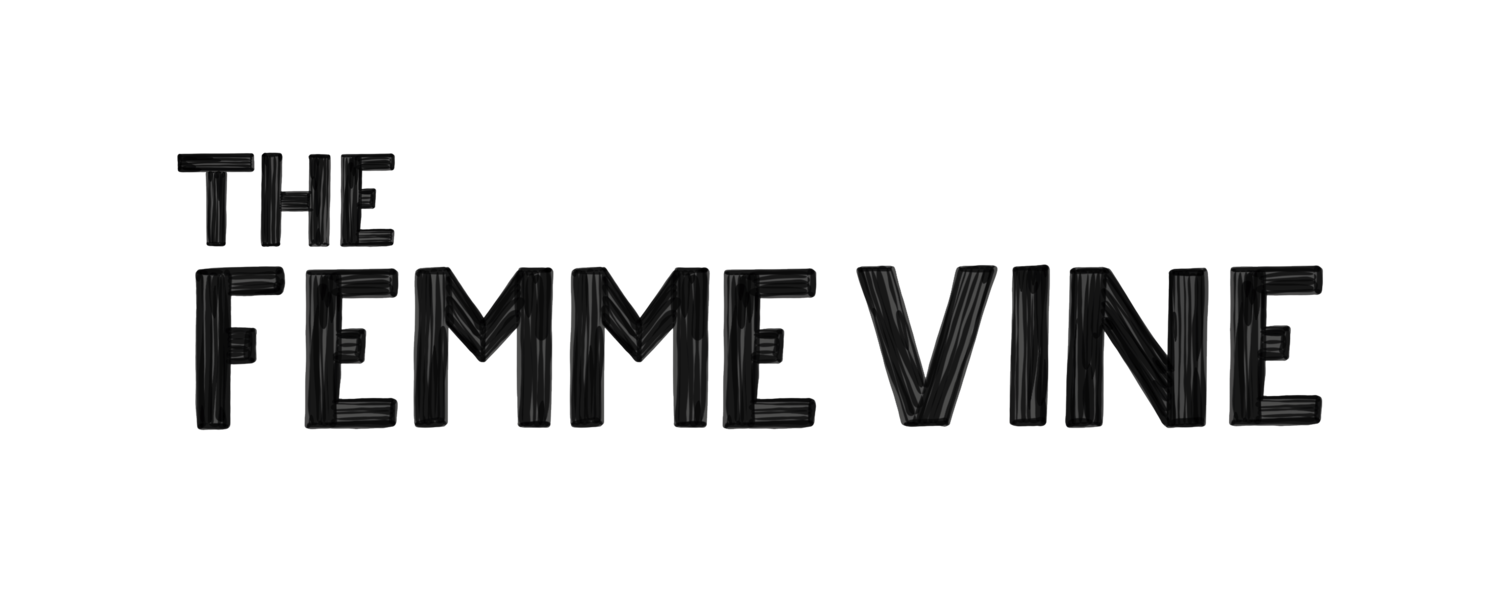Behind the vine
Lise Gayraud - Chateau Lamartine - Cahors, France
When do you think you fell in love with wine, enough to make a career of it?
My brother and I were born here and we are the 4th generation of the family on this land. When you are born in the winery, you grow up at the same time as the vines. So, my first passion for wine was from here - from my history and my family. After school, I didn’t want to learn the science of making wine, but I was interested in the relational part of the wine business. I love the universe of wine - the travel, the people we meet, the moments we share.
I would say that my revelation took place in 2013, during my internship within the L'interprofession de Cahors where my mission was to promote the wine of Cahors. After this, my brother had taken on winemaking at the estate, and I decided to join him and see if it was work I enjoyed. Once you put yourself in the wine it's difficult to go in another direction. I like to work alongside my brother. I am involved in the harvest and I am with the team who makes the wine. I get involved in the blending and tasting and I am the customer’s palate in those moments because I am in charge of speaking about and selling our wine. I really enjoy my role because when you speak about wine, you speak about pleasure and the moments we share over wine.
What story does your wine tell?
Cahors is a young appellation, but we are a very historical vineyard. My great-grandfather planted first plant of Malbec in 1920 after the phylloxera crisis. Our Chateau represents the origin of the wine, so we have many years of experience, but we also use a new approach and bring a new lens because my brother and I are quite young. When I speak about our wines, I tell people that we are making very classical wine from Cahors, but with a lot of modernity. We are trying to preserve the old style and combine it with the new style. We are mixing.
All of our wines are complex - looking for the purest expression from soils and each one tells its story:
The Tandems are our little babies that are energetic, fresh and very gourmet wines. They truly show the style of my brother, Benjamin.
The Château Lamartine cuvée is a pure fruit of our history, created by my great-grandfather in the 1950s, its Malbec-Merlot profile evolved over the generations but always with a respect for tradition.
The Cuvée Particulière is the symbol of the turn taken in 1988 by our parents. More than 30 years later, many journalists and clients have voted for it for its great quality to price ratio.
The Cuvée Expression is Lamartine's signature. It is a dense wine synonymous with power and elegance. This cuvée shows all the potential of a great terroir.
“I love the universe of wine - the travel, the people we meet, the moments we share.”
— Lise Gayraud
What misconceptions about wine do you think people should forget?
The idea that women don’t like strong wines. A lot of people (mainly men) come to visit us and try our wines - which are strong - and say, I am also looking for wines for my wife, or say our wine is ‘pas femme’, not for women. But, there are no masculine or feminine tastes. It's not right to say, OK this is a strong wine, so women won’t like it. I think women look for something pure that gives you different expressions and we create strong wines that are complex.
What great things about wine do you think people should remember?
Wine is synonymous with conviviality and sharing. You can't have a good moment if there is no bottle of wine. The wine is always there. For a dinner with friends, family, for a business meal, it is an integral part of our lives. It is rare for wine to be a witness to bad times.
What is a piece of advice you would give to a woman interested in breaking into the wine world?
I would say that in the world of wine, the only requirements are passion and hard work. More and more women want to be involved in wine and not only in sales, they want to make wine - working in the vines, in the cellar. If i said to my brother tomorrow, 'I want to know how to make wine, I want to know how to manage the vineyard and run the tractor' he would say 'OK, go’. For me, it's not about gender. If you want to do it, then do it.
Where can women find your wine?
Everywhere in France, in Japan, in Canada, in the United States, in England, in Switzerland, in Italy, in Belgium, the Netherlands, Germany, Australia, Brazil, Paraguay, the Philippines,Korea…



